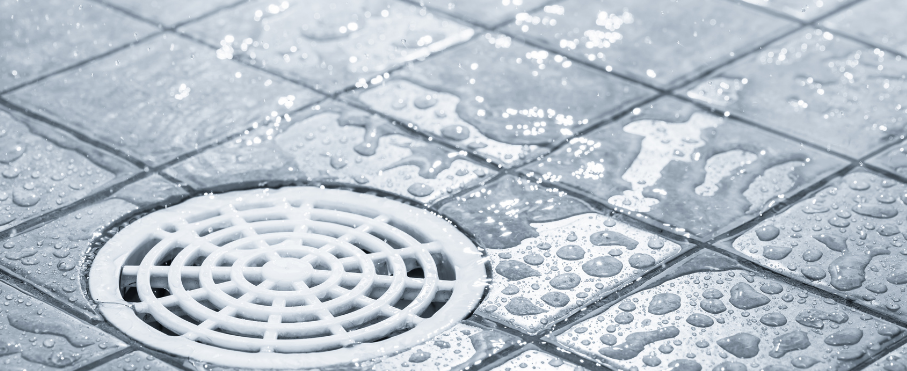Should There Be Rust on My Furnace?
People expect to encounter problems from rust on appliances that use water. But a furnace, whether gas or electric, does not use water to provide heat, so homeowners do not expect rust to begin to develop along one of these heating systems. However, it can happen, and with an old enough furnace it probably will. To answer the question, “Should there be rust on my furnace?” requires explaining why rust can develop in the first place and what it means.
We can skip to end a bit here however and explain that you don’t want rust on your furnace, and if you see it, it’s time to call Raleigh Heating & Air to discover what is wrong. Whenever you need professional repair for your heater in Wake Forest, NC, give us a call. We’ve served Wake County and the surrounding areas for more than two decades and have helped many homeowners receive quality heating for the winters.
Corrosion and The Furnace
Rust is a type of corrosion, the result of a chemical reaction between water and metal in the presence of oxygen. Corrosion of any kind severely weakens metal and will eventually cause it to flake away; it is not something you ever want to occur to valuable home appliances.
But how does this start in a furnace? There are a number of ways. For a gas furnace, corrosion will begin because of a reaction between the combustion gases and metal. Combustion gas changes into a vapor after heat transfer, and this vapor is then vented out the furnace flue. This combustion vapor in contact with metal in the furnace will lead to corrosion over time. If you have a very old furnace, such as one that has been in service for more than 20 years, signs of rust usually mean the furnace has reached the end of its lifespan and requires replacement.
However, the corrosion process will occur faster if the furnace is not venting correctly. If you spot corrosion on a newer furnace, you need to call for repairs to look into the exhaust system and see if it can be fixed. It’s also important to see if the heat exchangers have rust, since this can lead to cracks across them, which is a significant hazard that may lead to carbon monoxide leaks.
There are ways that water moisture can reach your furnace that will affect electrical furnaces as well. An increase in humidity inside the ventilation system can trigger rust, and this might be due to damage to the ductwork. It’s also possible for the air conditioning unit (often installed above the furnace) to begin to leak condensation, and this combination of water and chemicals will create corrosion on the furnace when it starts to drip down on it. Call heating and cooling specialists to handle these problems as soon as you detect them.
Raleigh Heating & Air is here whenever you need us to take care of the heating repair in Wake Forest, NC necessary to keep your furnace working safely and effectively.





